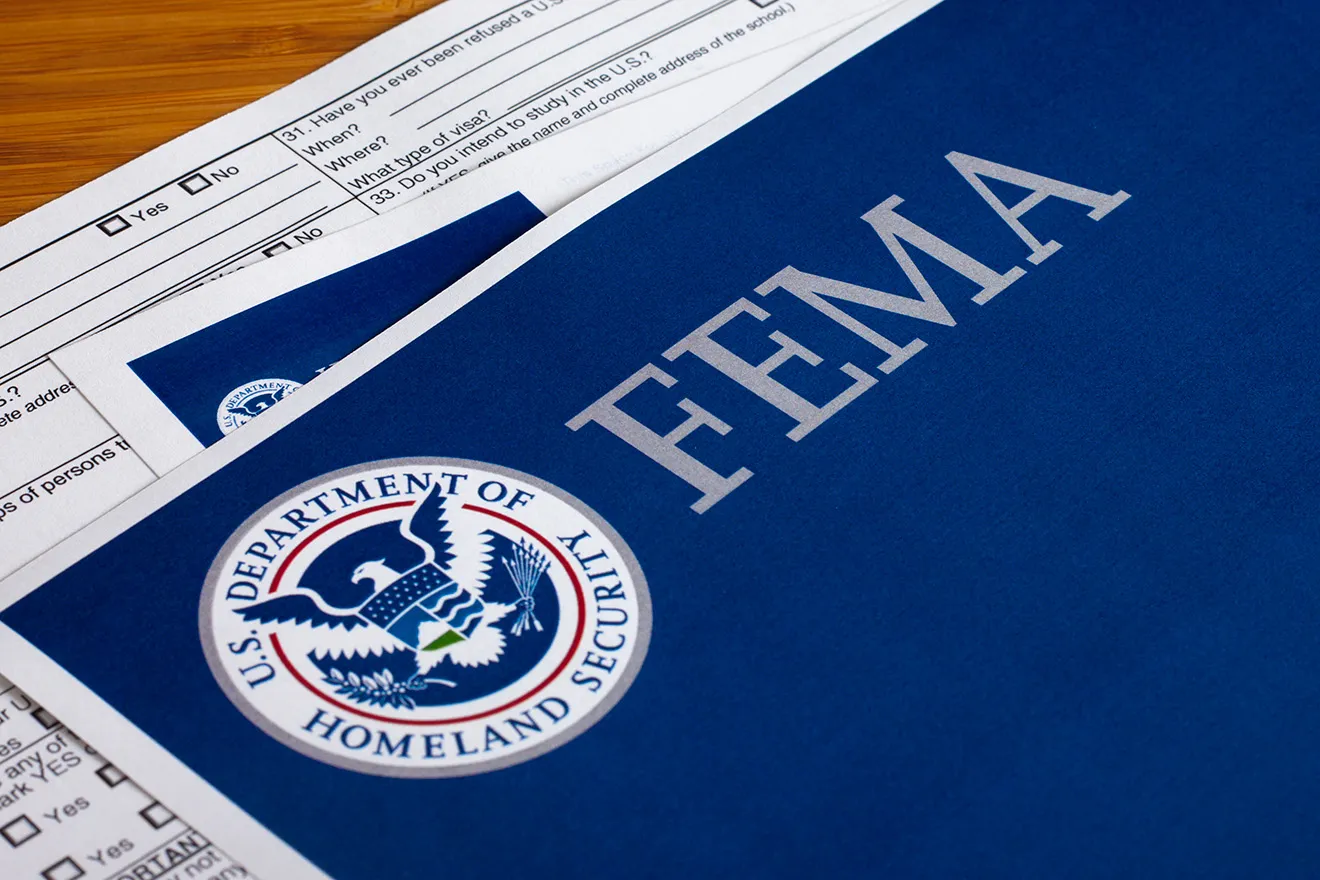
Daily Audio Newscast - March 6, 2024
News from around the nation.
Biden and Trump pile up wins in Super Tuesday voting; a court bans popular but controversial pesticide; a new report finds good-paying jobs available in rural America; Purdue researchers see possible link with dog, human cancer treatments.
TRANSCRIPT
[music] The Public News Service Daily Newscast for March the 6th, 2024.
I'm Mike Lifford.
[music] President Joe Biden and former President Donald Trump began racking up early wins as states across the country held Super Tuesday elections, moving them closer to a historic rematch, despite a lack of enthusiasm from many voters.
That for the Associated Press.
Super Tuesday features elections in 16 states and one territory from Alaska to California to Vermont and Virginia.
Biden and Trump won Maine, Oklahoma, Virginia, North Carolina, and Tennessee.
Biden also won the Democratic primaries in Massachusetts, Vermont, and Iowa.
A federal court has banned the use of a highly controversial but popular pesticide in the Midwest.
Advocates for sustainable agriculture say the ruling is long overdue.
The Environmental Protection Agency first approved dicamba in 2017 for spraying on genetically modified corn and soybean crops.
But dicamba is highly prone to drifting, which makes it hard for farmers to control where it winds up.
George Naylor, an organic farmer in Sherdan, Iowa, farmed corn and soybeans conventionally for 40 years until he noticed the unintended effects dicamba was having on his crops.
I used to use dicamba.
I could see after a rain how it washed off of a cornfield into my soybeans and hurt my soybeans.
So I'd say it's a very dangerous chemical and it can be easily moved through groundwater and surface water.
While banning future dicamba production, the ruling does allow farmers to apply the pesticide labeled with dates prior to the court's action.
I'm Mark Moran.
And opportunities for good-paying jobs exist in rural areas across Washington and the rest of the country, despite lists that these places have been hallowed out in recent decades.
Arik Tegedorf has more.
That's according to a new report that found rural Americans had a 50% chance of working a good-paying job compared with 54% in urban areas.
Martin Vanderwerf is with Georgetown University's Center on Education and the Workforce, which conducted the research.
He says there are recent troubling trends for rural America, including aging and shrinking populations and a high number of people not in the labor market. -On the other hand, a lot of development could take place in rural areas, and we as a country simply can't afford to just say, "Ah, we're not gonna really regard these rural areas."
We all should be doing a lot more for rural areas, just as much as we're doing for urban areas. -The report found racial and gender gaps in employment are higher in rural areas.
However, it also found outliers.
In Washington State, for instance, Native Americans have a higher likelihood for a good-paying job in the north-central part of the state.
And Black Washingtonians had a much higher likelihood of finding good-paying work in the San Juan Islands. -This is public news service.
In the first experiment of its kind, Purdue University researchers treated canines diagnosed with cancer using chemotherapy to see if their response could lead to future treatment for human cancer patients. -Chemoresistance, a patient's adverse reaction to chemotherapy, can lessen remission and survival time.
Oncologist Dr. Michael Childress at Purdue University's College of Veterinary Medicine says the dogs were chosen because they had diffuse large B-cell lymphoma.
This condition mimics the cancer phenotypes, or traits, that would be needed when treating human cancer patients. -Every dog's cancer is a little bit different from every other's, and that's what makes dogs an especially valuable research model when you're trying to develop a technology that predicts which individual's cancers are going to respond to chemotherapy and which are not. -I'm Terri Dee reporting. -New forms of renewable energy are emerging within the agricultural sector, but a California initiative is raising concerns about the role of factory farms. -Emission standards under review in California set pathways for the purchase of tax credits from South Dakota and other states to offset diesel emissions in the Golden State.
Producers in the Midwest are asked to set up anaerobic digesters, which pull methane from livestock manure and convert it into cleaner fuel.
Stacey Roberts with Dakota Rural Action says it looks good on paper, but there's a side effect causing alarm. -But in reality, it's spurring the growth of these operations rather than getting at the core of the problem of the overabundance of animals in confined areas. -She worries about an influx of larger dairy operations in South Dakota.
I'm Mike Moen. -Finally, Shantia Hudson lets us know Super Tuesday was just another day for tens of thousands of people who can't vote because of past felony convictions, but in Alabama, state lawmakers could change that this session. -Faith in action.
Alabama is among the groups pushing for the passage of three bills that each focus on an aspect of the voting rights restoration process.
Senate Bill 174 would require the state to let people know when their voting rights have been restored.
SB 178 would eliminate the certificate of eligibility to vote requirement.
And J. Gregory Clark with Faith in Action Alabama says Senate Bill 179 would remove some crimes from the list that now disqualify people from voting. -We don't believe that crimes of poverty or property crimes belong in the category of offenses that will cause someone to lose their right to vote, so we're asking through Senate Bill 179 that some of those crimes be eliminated.
Obviously, the weightier crimes -- murder, rape, child abuse -- would still permanently disqualify someone. -This is Mike Clifford for Public News Service, member or listener supported.
Here are some radio stations big and small, your favorite podcast platform.
Find your trust indicators at publicnewsservice.org.
















